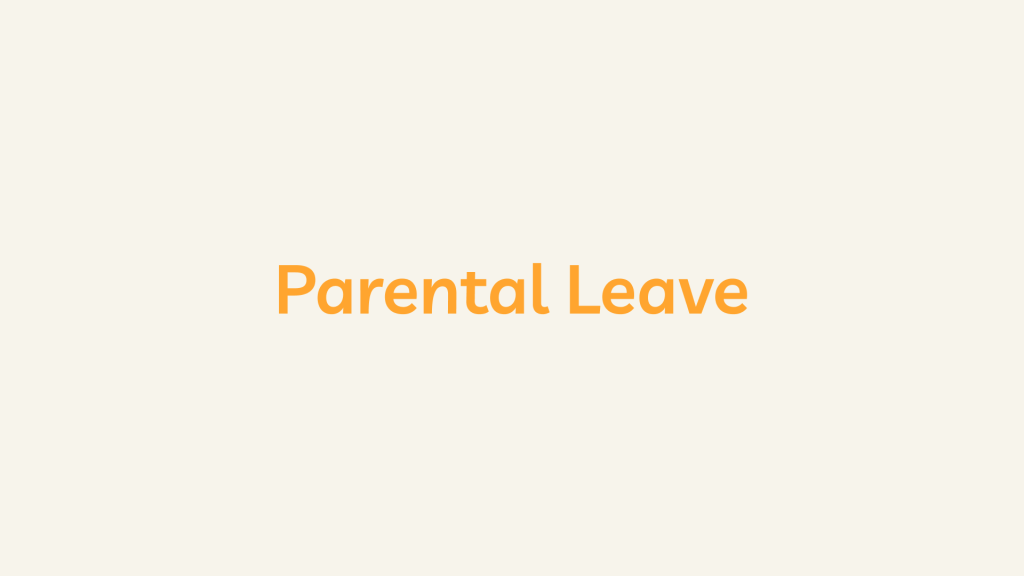What is Parental Leave?
Parental leave allows employees to take time off from work to care for a newborn, newly adopted, or child in foster care. It is an essential benefit that helps parents balance their work and family responsibilities and supports the well-being of both the parent and child.
Parental leave policies vary across countries and organizations. In some countries, such as Sweden and Norway, parents are entitled to several months of paid parental leave, while in other countries, such as the United States, parental leave is not guaranteed by law and is often unpaid. However, many companies have introduced their parental leave policies, offering paid time off for new parents.
The benefits of parental leave are many. Firstly, parental leave gives parents the time they need to bond with their newborn child, which is critical for their development and well-being. Research has shown that infants with strong bonds with their parents are more likely to develop into confident, healthy, and well-adjusted adults.
Secondly, parental leave can help to reduce stress and anxiety for parents. Having a new child can be overwhelming, and parental leave can provide parents with the support they need to navigate this new phase of life. Additionally, taking time off work can allow parents to focus on their own physical and mental health, which is essential for their well-being.
Thirdly, parental leave can benefit employers. Employers can attract and retain talented employees by offering parental leave, reducing turnover, and increasing employee loyalty and engagement. Additionally, parental leave can contribute to a positive work culture, which can help to improve morale and productivity.
Despite the benefits of parental leave, there are some challenges associated with implementing parental leave policies. One of the main challenges is the cost of providing paid leave, which can be significant for employers, particularly small businesses. Additionally, some employers may be concerned about the impact of parental leave on productivity and may be reluctant to offer it as a result.
However, research has shown that the benefits of parental leave outweigh the costs. In countries where paid parental leave is mandated by law, evidence suggests that it positively impacts children’s health, education, and well-being. Additionally, studies have shown that companies that offer parental leave experience lower turnover rates, higher productivity, and improved employee morale.
In conclusion, parental leave is an essential benefit supporting the well-being of parents and children. While there may be challenges associated with implementing parental leave policies, the benefits of doing so are significant. As such, companies prioritizing the well-being of their employees and their families are likely to see positive returns regarding employee engagement, loyalty, and productivity.
